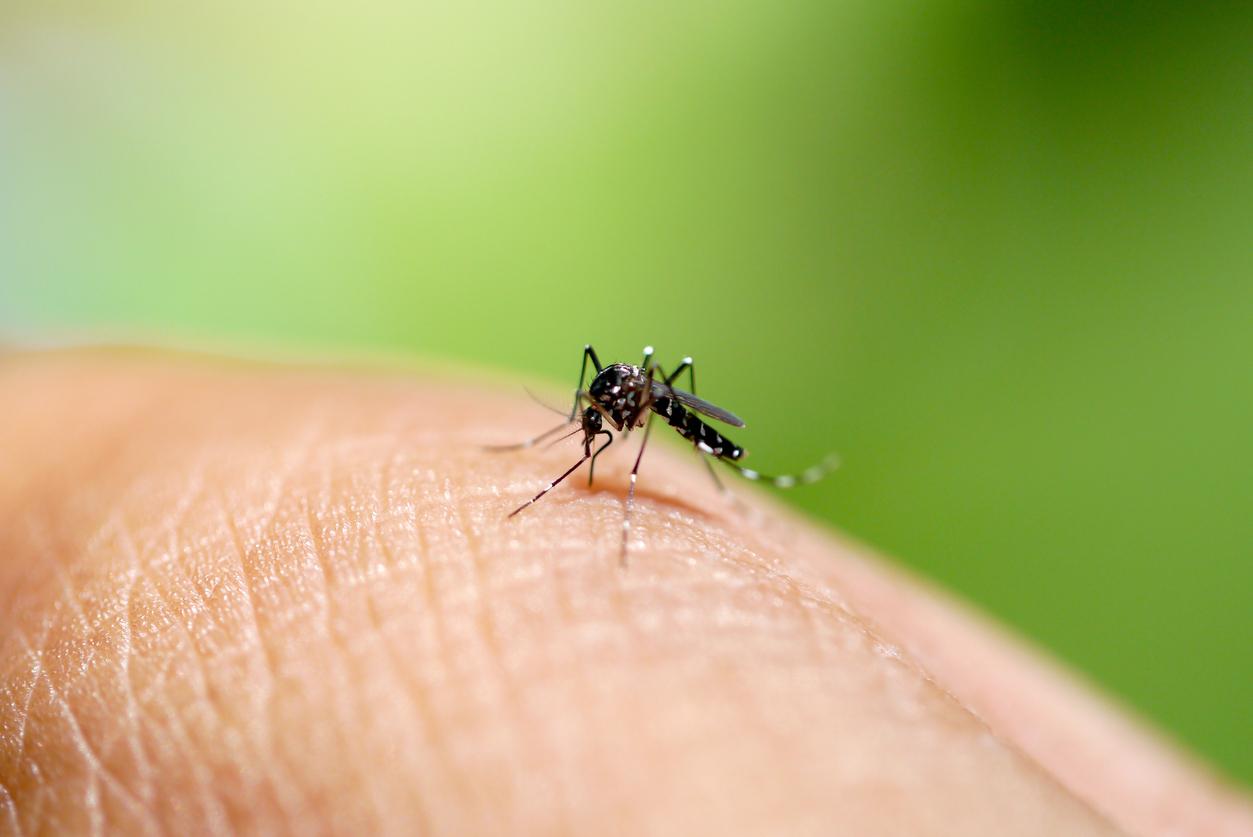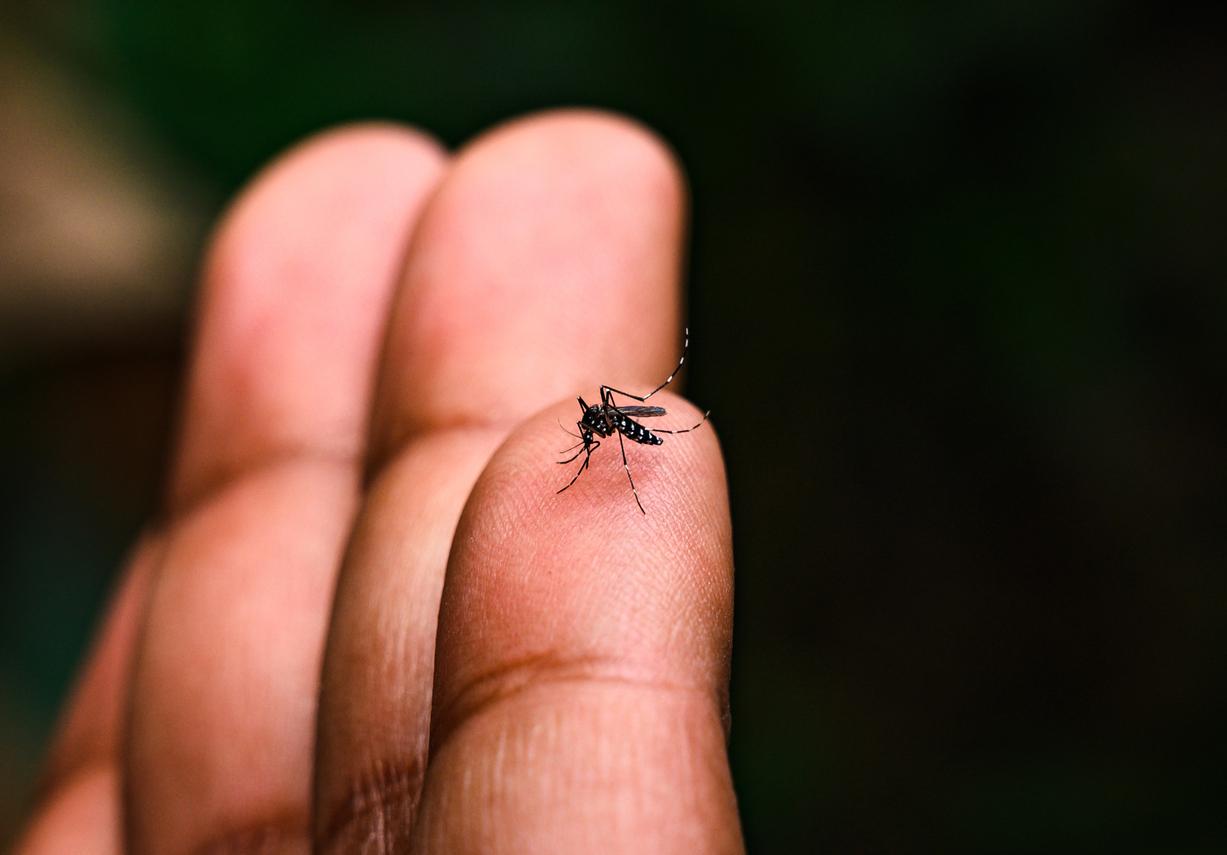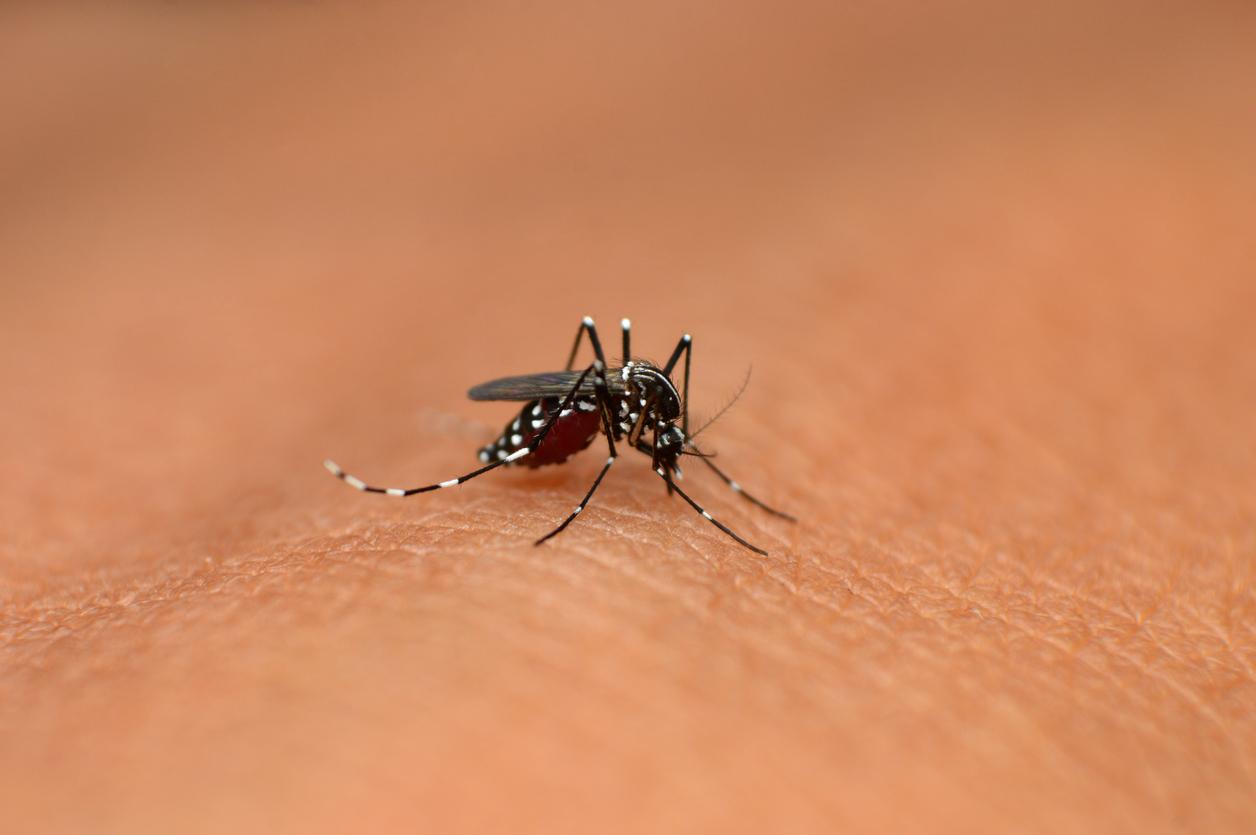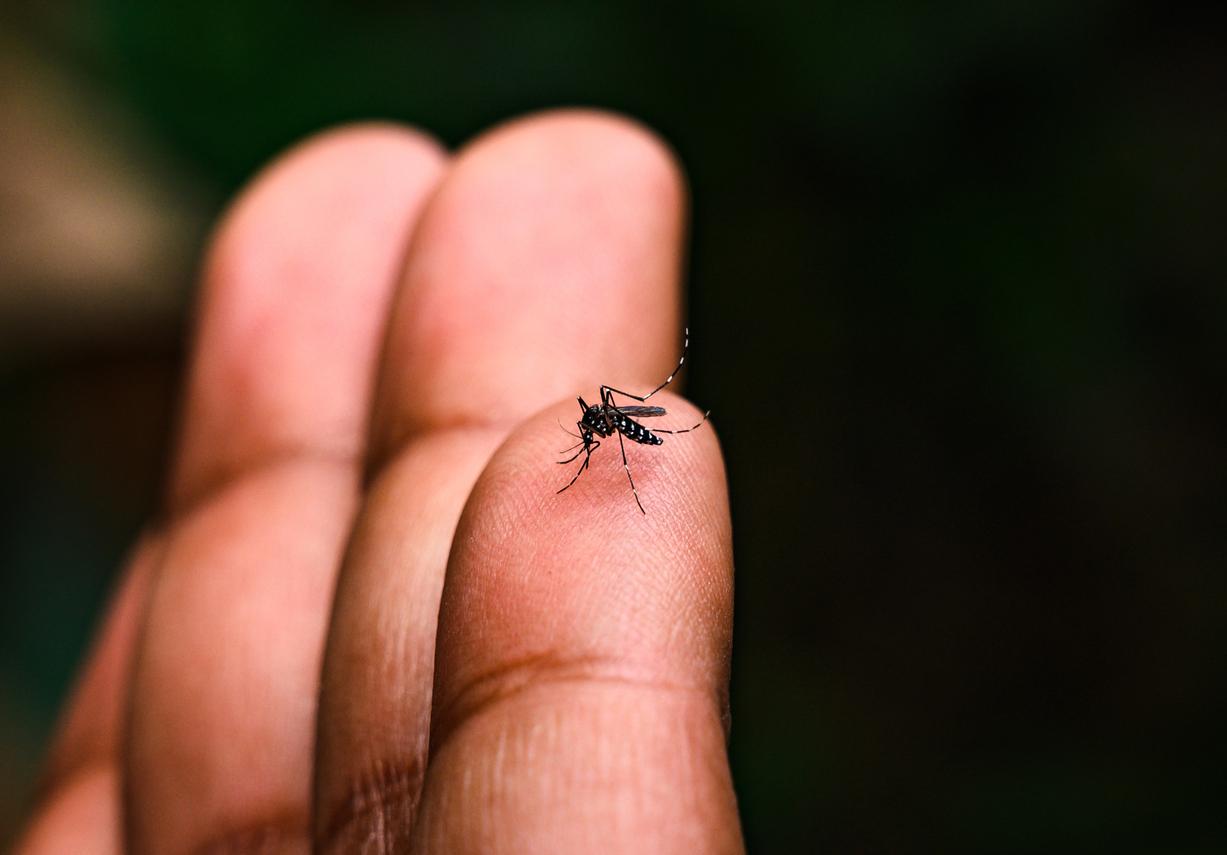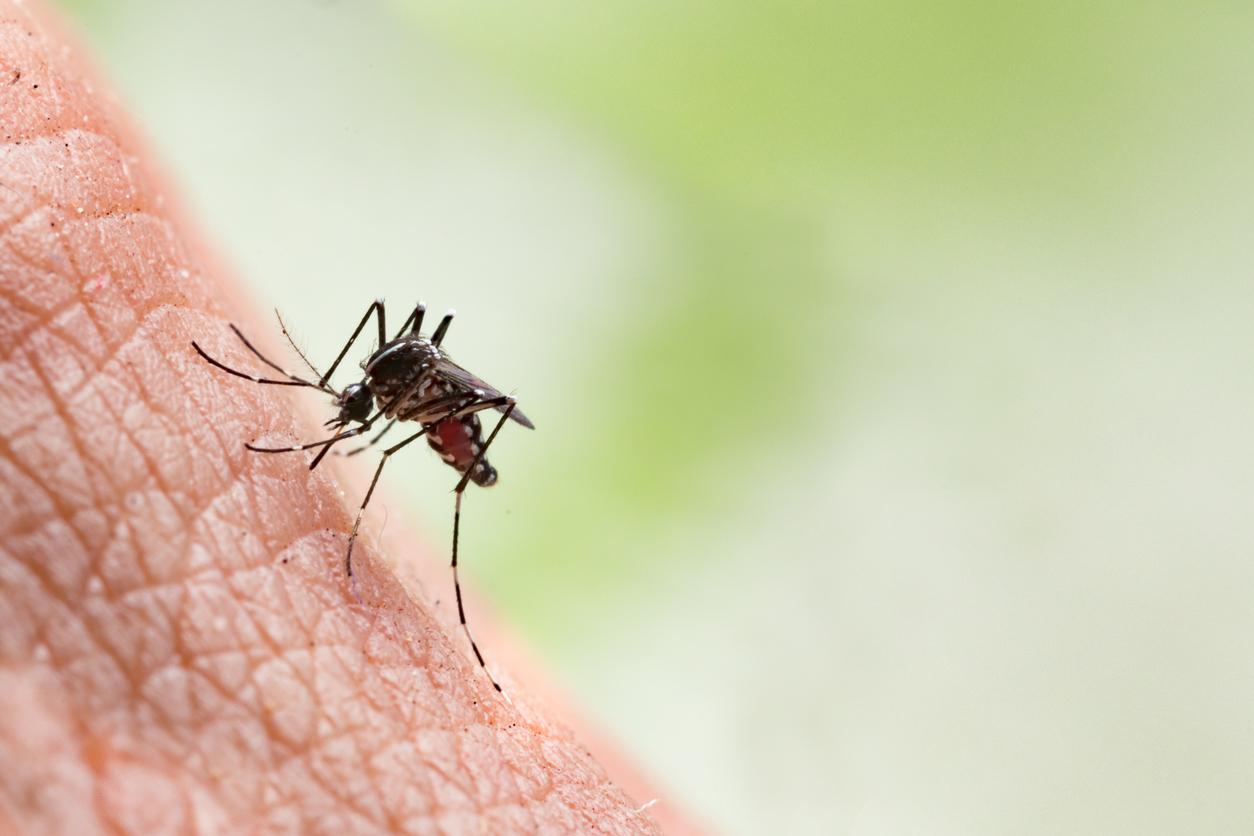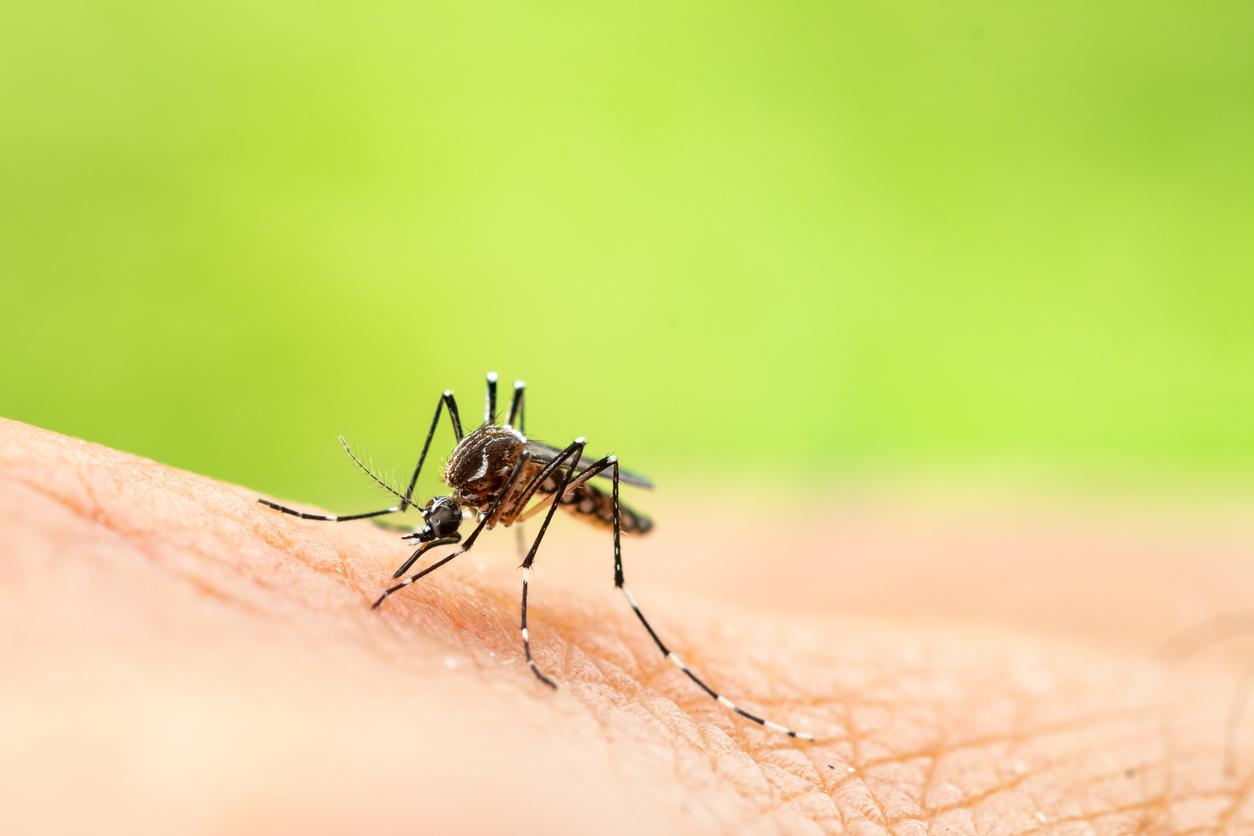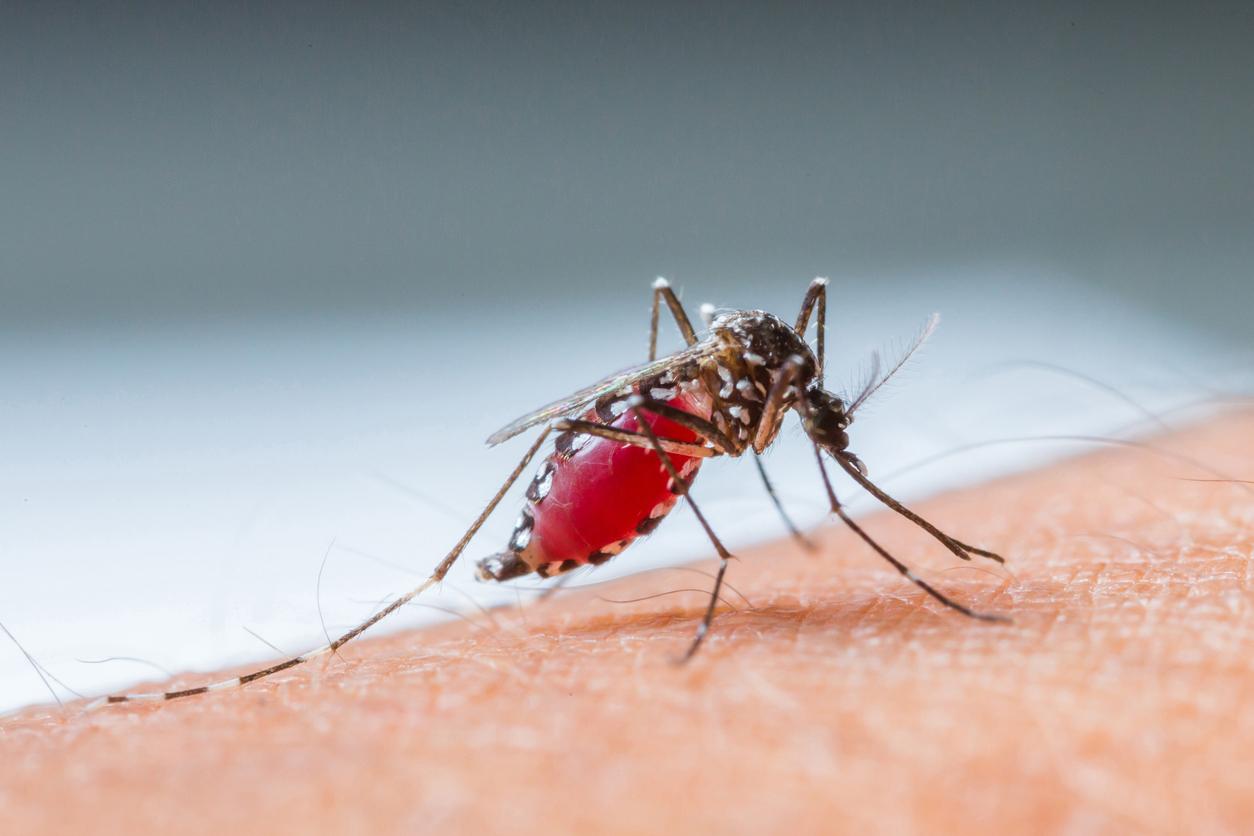The Netherlands have given the green light for this year-long experiment on the island of Saba, which is home to 1,800 inhabitants.

The small island of Saba in the Caribbean has chosen the hard way to fight mosquitoes. Over 15 million transgenic mosquitoes will be released over a year on this small piece of land in the Netherlands Antilles. With this method, the Dutch National Institute for Public Health and the Environment hopes to stop the spread of dengue, chikungunya and Zika.
The Netherlands called on the British company Oxitec. The latter develops mosquitoes aegypti genetically modified males. These GMO insects nicknamed OX513A generate offspring doomed to die as larvae by transmitting a genetic mutation to them. Mechanically, this approach makes it possible to reduce the mosquito population and therefore the risks of virus transmission.
The Dutch Institute believes that these transgenic mosquitoes “have no negative health and environmental impact” and that the risks can be “considered negligible compared to an unmodified mosquito. Aedes aegypti “.
Efficiency that remains to be demonstrated
Asked about this technique in January 2016 by Why actor, Anna-Bella Failloux, entomologist and head of the Arbovirus and Insect Vectors unit at the Institut Pasteur, believed that it provided a short-term solution and could even present risks. “It leads to the eradication of the mosquito, which means that an ecological niche will be vacant. It could be filled by other mosquitoes, like Aedes albopictus. So this strategy could be effective if it applies to several species, but I’m not sure if it will be in the long term, ”she explained.
So far, the OX513A Mosquito Release has been tested in Brazil, the Cayman Islands and Panama. Florida (United States) has also opted for these transgenic insects to reduce the Zika epidemic. More than 20,000 male mosquitoes have been sent into the wild for 12 weeks. But for what efficiency? In Brazil, the mosquito population Aedes would have declined 80-95% in two seasons. On the other hand, the dengue epidemic did not falter to the same extent.
.







